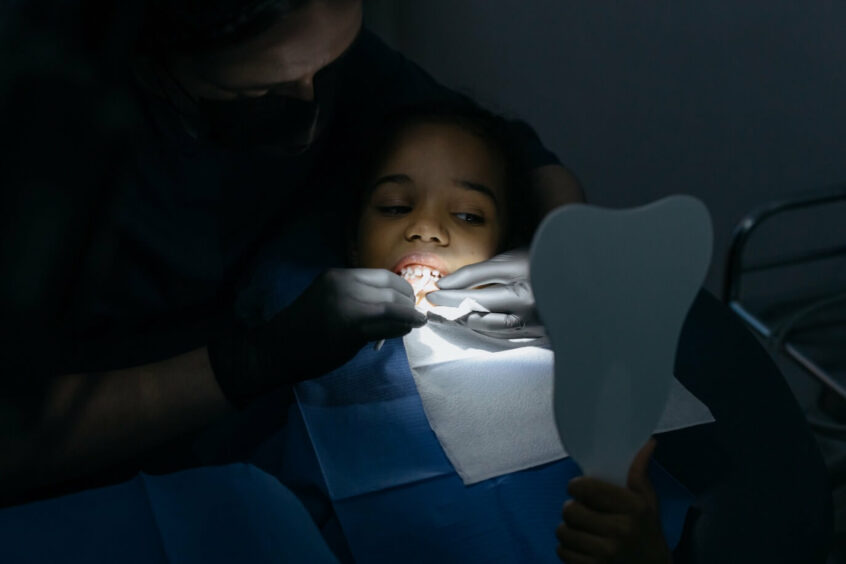Primary (baby) teeth can decay at a much quicker rate than adult teeth do. In fact, cavities are one of the most prevalent conditions to affect children in Waco. Left untreated, these oral infections can spread to other parts of the mouth, including the adult teeth below them. Recognizing the signs of childhood cavities is crucial to your child’s future oral health and overall health.
Common Symptoms of Cavities in Children
The most common symptoms of tooth decay include:
Toothaches
Pain when chewing or biting down on something
Sensitivity to sweet drinks or foods (including juice or sports drinks)
Food getting caught in teeth during meals
Rough edges or visible openings, staining
Unfortunately, not all cavities are obvious or painful. You may never see a visible hole in your child’s tooth until the point that the decay is extremely large. By evaluating your child’s teeth on a regular basis, our Waco pediatric dentist can intercept cavities as early as possible before severe side-effects have an opportunity to develop.
Why Should I Treat a Cavity in a Baby Tooth?
Cavities can spread to healthy teeth if left untreated. Including the developing adult teeth that have still yet to erupt. When tooth decay isn’t intercepted, it spreads and eventually leads to premature tooth loss. Not only will this scenario impact your child’s oral and facial development, but it can also alter their speech, diet, and self-esteem. In extremely rare situations, children’s dental infections caused by cavities can lead to facial swelling and infection within the brain. These severe conditions require hospitalization and can be life-threatening.
“But it’s just going to fall out”
It’s common for parents to assume that it’s ok to let their children’s decayed teeth fall out naturally or even have them extracted. Although it is true that permanent teeth will one day replace baby teeth, decay in primary teeth can lead to damage in the permanent ones below them. And the premature loss of a baby tooth means that the adult one loses its guide, altering the eruption pattern and shape of your child’s mouth. Dr. Susan Francis will help to gently treat the cavity so that your child can preserve their tooth for the ideal length of time. In most situations, a modest filling is all that’s required.
The Difference Between Baby and Adult Teeth
Baby teeth naturally need to resorb (shrink away) as the adult tooth begins to erupt behind it. For that reason, the structure of primary teeth is not nearly as dense or “strong” as a permanent tooth. As such, a cavity in a baby tooth can grow at alarming rates. What seems like a minor, temporary problem can then become a situation that affects your child’s future smile in the decades ahead.
Pediatric Tooth Decay Treatment
When it comes to treating decay in baby teeth, early intervention is crucial. Dr. Susan Francis will screen for signs of cavities during your child’s six-month checkups. Fluoride treatments can help to reverse early demineralization, helping prevent future cavities. If you think your child has a cavity, contact Bellmead Kid's Dentistry in Waco today to reserve an exam.


